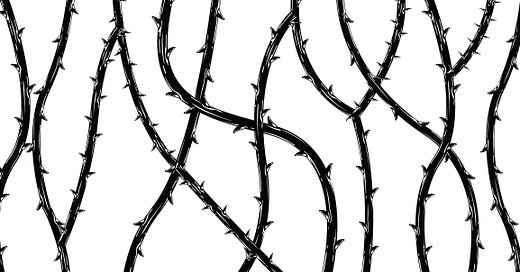Every two weeks or so I am publishing an essay from an emerging writer. This week, we are publishing “Xúc động” by Gabrielle Behar Trinh. Gabrielle (she/her) is a Vietnamese and Sephardic Jewish writer (with roots in Egypt, Turkey, and Syria) who lives in California. Her writing has received support from the Hedgebrook Writer-in-Residence program and th…
© 2025 Roxane Gay
Substack is the home for great culture




